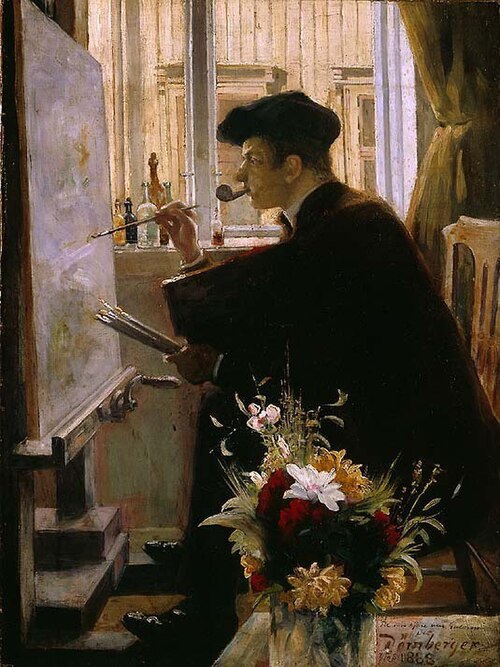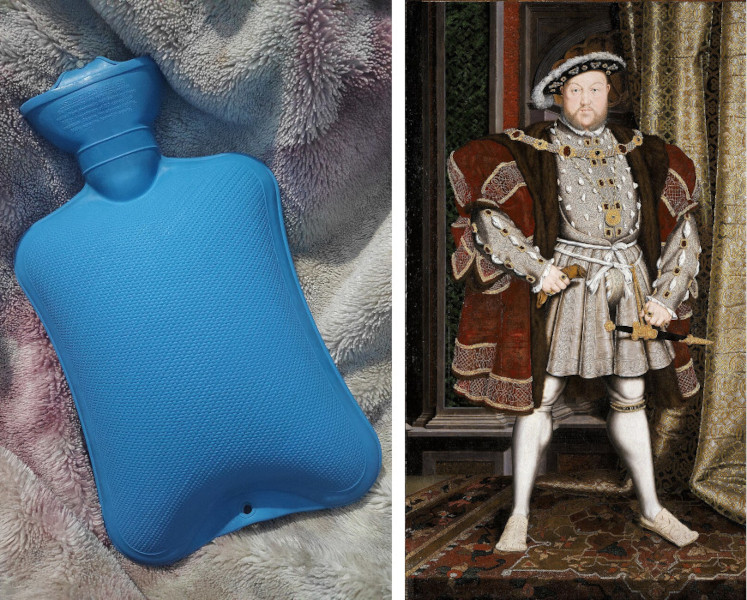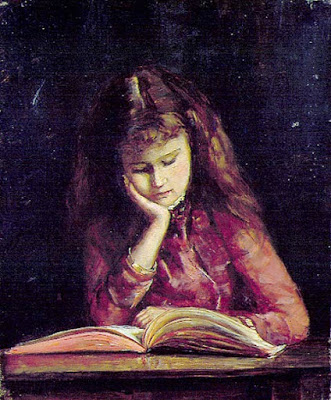“Jottings” from the notebooks of Bulgarian novelist Elias Canetti, published as The Human Province (1978):
- The days are distinct, but the night has only one name.
- A war always proceeds as if humanity had never hit upon the notion of justice.
- The lowest man: he whose wishes have all come true.
- The dead are nourished by judgments, the living by love.
- If you have seen a person sleeping, you can never hate him again.
- I really only know what a tiger is since Blake’s poem.
- A nice trick: throwing something into the world without being pulled in by it.
- The future, which changes every instant.
- I’m fed up with seeing through people; it’s so easy, and it gets you nowhere.
- In love, assurances are practically an announcement of their opposite.
- In eternity, everything is at the beginning, a fragrant morning.
- Praying as a rehearsal of wishes.
- Why aren’t more people good out of spite?
- The best person ought not to have a name.
- To keep thoughts apart by force. They all too easily become matted, like hair.
- Each war contains all earlier wars.
- One may have known three or four thousand people, one speaks about only six or seven.
- You notice some things only because they’re not connected to anything.
- Everyone ought to watch himself eating.
- Nothing is more boring than to be worshiped. How can God stand it?
“Square tables: the self-assurance they give you, as though one were alone in an alliance of four.”




